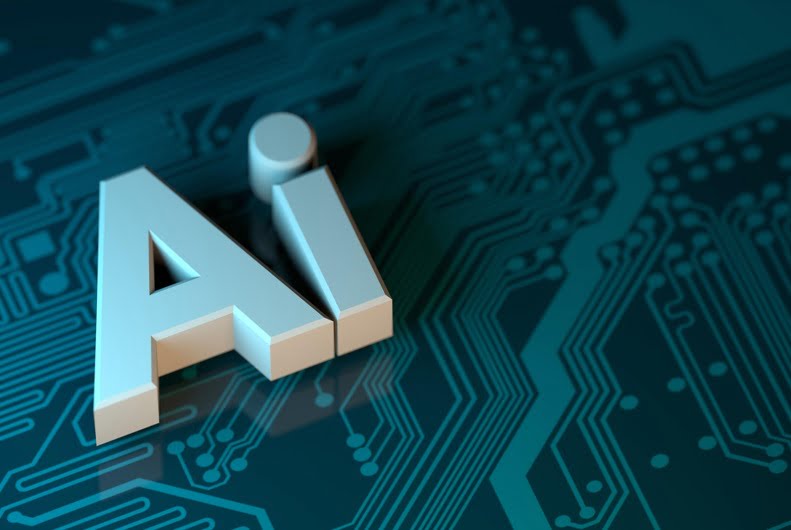The Security Risks and Benefits of Artificial Intelligence (AI) has had a major impact when making predictions in cyber security. The launch of ChatGPT in November 2022 shined a light on generative AI while raising awareness of how it affects our security. The question is whether the use of quantum computers is about to take a similar trajectory?
One of the most noted benefits of quantum computers and "quantum computing" is a super-fast computational process that will support everything from particle physics research to better weather forecasting, traffic optimization, financial modeling and cyber security. Sweden is far ahead in the field, among other things through the activities that are carried out in Wallenberg Center for Quantum Technology, WACQT.
Threats to cryptographic standards
The technology will also make it easier for cybercriminals to crack encryption. Because quantum computers can solve mathematical problems that traditional computers cannot, for example factorization of large prime numbers, they are often highlighted as a threat to current cryptographic systems.

In November 2022, the US government introduced the Quantum Computing Cybersecurity Awareness Act. If governments are preparing, the question is whether more should be doing so too?
Barracuda Networks has asked some of its security experts to comment on the future and the question of whether companies and the cyber security industry should focus more on the use of quantum computers:
Sheila Hara, Senior Director, Product Management, Email Protection:
Although quantum computing is not an immediate threat to current security measures, it is important to be proactive and prepare for a future where quantum capabilities may challenge existing cryptographic protections. Quantum computers have the theoretical ability to crack commonly used encryption algorithms such as RSA and ECC through a process known as Shor's algorithm. This means that sensitive data encrypted with these algorithms could potentially be decrypted by a quantum computer. Confidential information, including personal data, financial transactions and sensitive communications, can be in danger if the encryption methods are compromised by quantum computers. The transition from current cryptographic standards to quantum-resistant standards will take time and require careful planning. Companies and organizations must therefore start considering this transition in order to secure their data also in the future.
Stephan Schachinger, Senior Product Manager, IoT:
Those who believe they have done everything to protect themselves against current threats should worry about quantum computing, but for the vast majority of organizations there are other security challenges to prioritize. Currently, the use of quantum computing is very limited and it is definitely not a mainstream technology. But we should keep the issue in mind because one day the situation will change.
Stefan van der Wal, Consulting Solutions Architect, Application Security, EMEA:
As so often with security issues, this will be resolved when it is already too late. It's good to think about a business strategy for when quantum technology arrives, especially since encryption will be largely obsolete as the field matures.
Rohit Aradhya, VP, Managing Director, Engineering:
In the coming years, quantum computing capacity is an imminent threat. It is expected that quantum computing will help break asymmetric encryption solutions that base their security on integer factorization or discrete logarithms. However, it is still a few years before quantum resources can be used to impact the security of enterprises at scale. In addition, large-scale research and action is underway on how to make security products and solutions address threats based on quantum computing capabilities. We think it's something to watch out for in the fairly near future, but probably not 2024.















